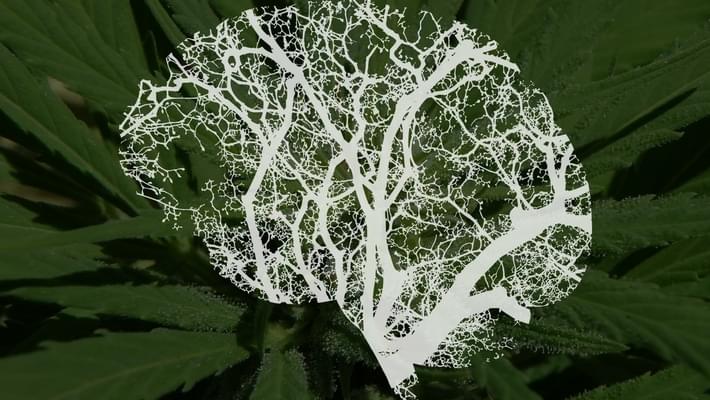
Marijuana May Be A Weapon Against Brain Aging, Suggests New Study
Published on 5/29/17
A new study recently published in Nature Medicine shows us that there is an interesting relationship between the naturally occuring endocannabinoid system and cognitive aging in mice. Researchers found that when animals increase in age the quantity of naturally formed cannabinoids in the brain are reduced. The less activity in the cannabinoid system, the faster the brain ages. But when researchers introduced low-dose treatments of THC to mice they found increased nerve links in the brain, correlating faster thinking and learning, and an altered genetic signature that resemble much younger mice. The studies have so far remained only in mice, but results like these, suggesting that THC treatment can "turn back the molecular clock" are astounding and deserve much more attention in the future.
So, if it’s possible to somehow recharge the system, it could be possible to reverse or at least reduce the cognitive slowdown. That’s what the researchers tried with old mice, and the results were remarkable. When they studied the brain tissue and gene activity of the mice after a low-dose THC treatment, they found that the genetic signature no longer looked like that of old mice, but of very young mice. And they found increased nerve links in the brain tissue, which correlates with learning and thinking speed.Again quoting Zimmer, “It looked as though the THC treatment turned back the molecular clock.”
Yes, these are mice and not humans, and yes, this sort of research would be difficult to perform on humans for obvious ethical reasons–but it’s still extraordinary. It sounds implausible to think that adding low doses of a chemical from a plant could reverse the brain’s aging process, but that’s exactly what this study shows glimpses of in the brain tissue of mice.
